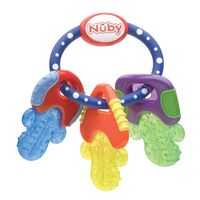Hi, could you please ask your community anonymously for me? Has anyone been through PND? What are the signs? I have been feeling pretty down since bub arrived two weeks ago and feel like I put on a show when people come to visit. Is it just the blues or could it be something more? Thanks. How do you know if it is post natal depression?




8:34 am
5:26 pm
5:18 pm
10:15 pm
10:19 pm
10:09 pm
10:05 pm
11:37 am
2:33 pm
9:33 am
6:54 pm
8:43 am
7:50 am
1:01 am
12:59 am
- 1
- 2
- …
- 5
- »
Post your reply